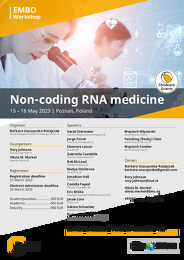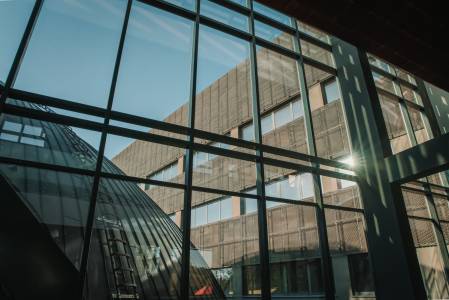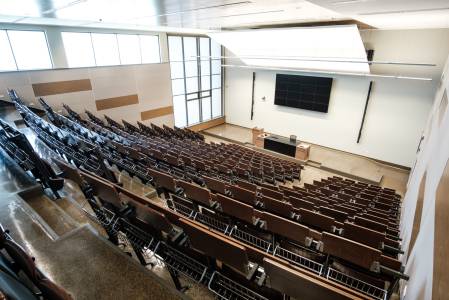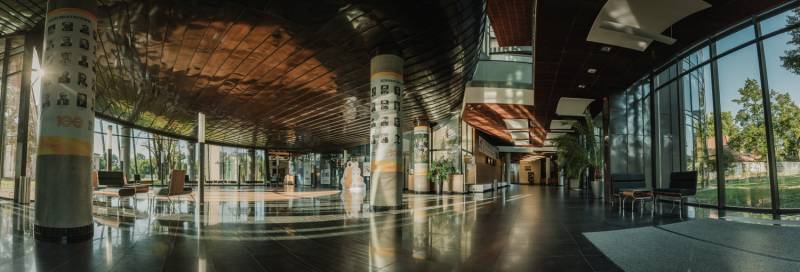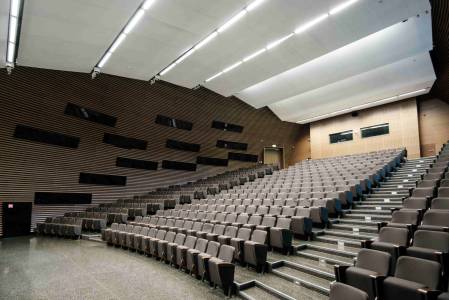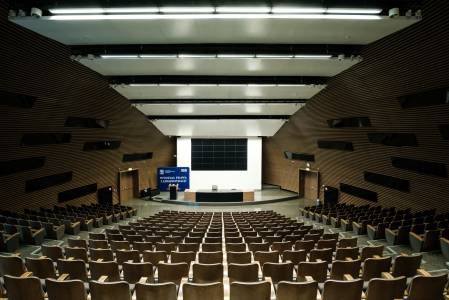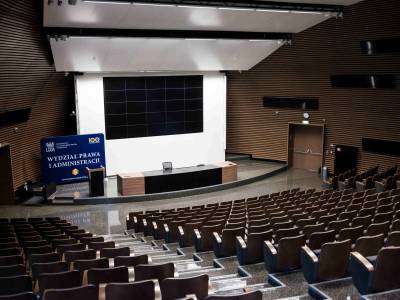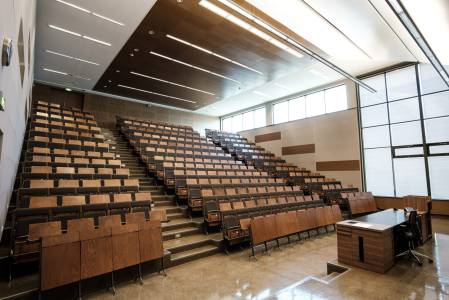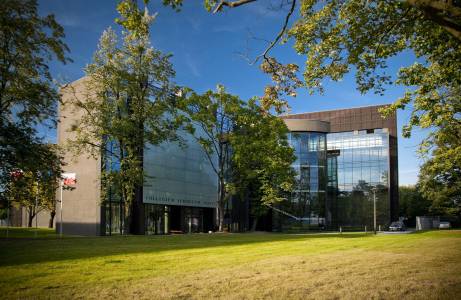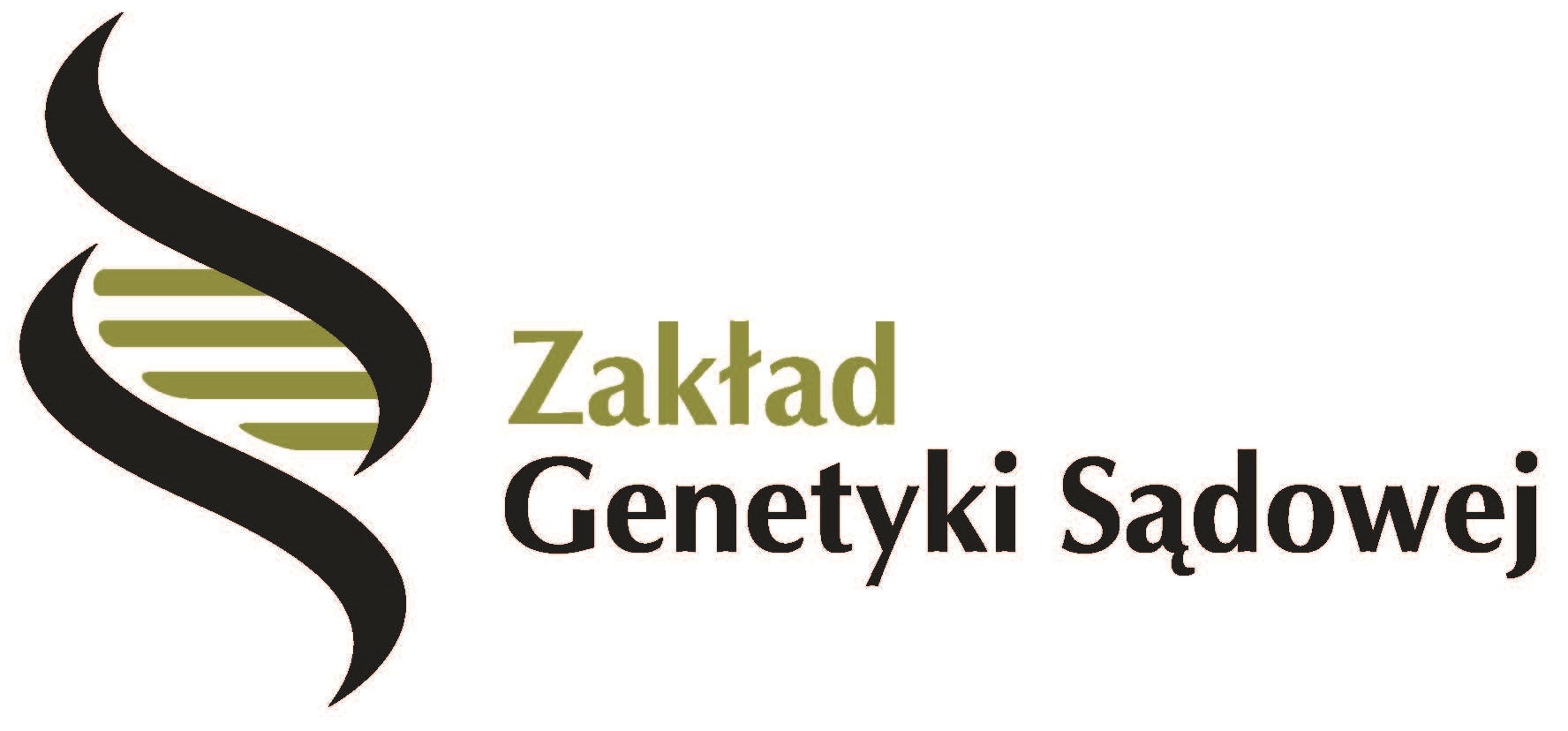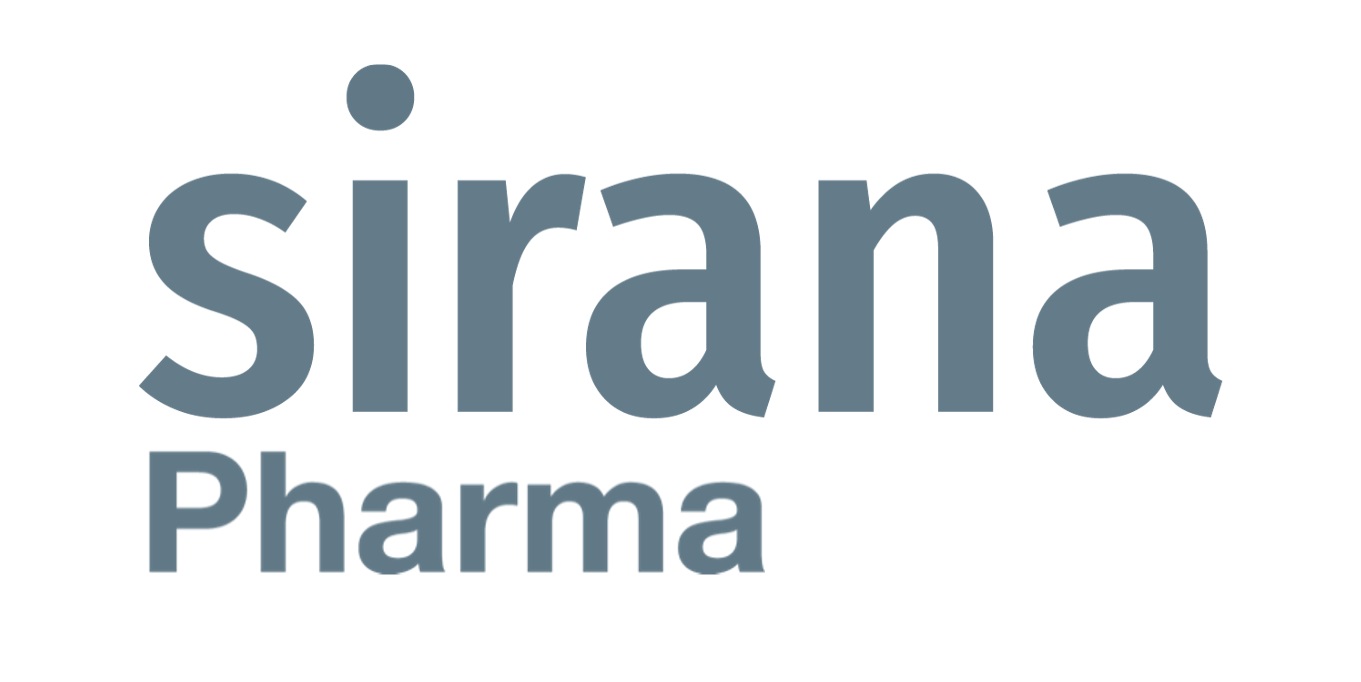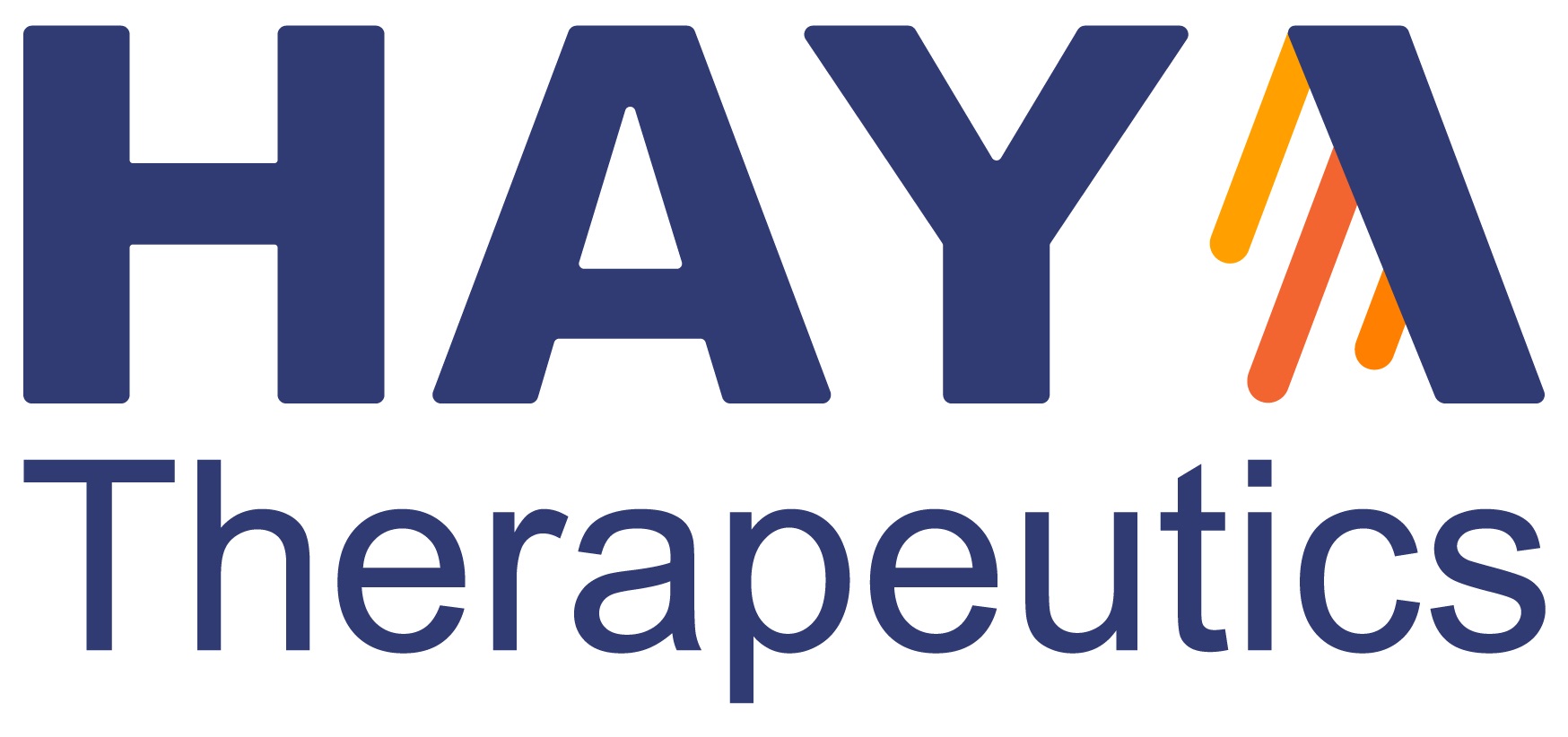About the Workshop

The discovery of myriad noncoding RNAs (ncRNAs) over the past decade has revealed a universe of new and exciting therapeutic opportunities. Many thousands of microRNAs, piRNAs, circular RNAs, long noncoding RNAs, and others are expressed across healthy and diseased human tissues and play key functional roles in pathogenic states and processes. Their regulatory roles, cell-type-specificity, and vast numbers confer on ncRNAs unique advantages as therapeutic targets. Rapid advances in clinical transcriptomics, oligonucleotide therapeutics, and RNA-directed small molecules, open the possibility for rapid, economical, and personalised ncRNA-directed therapies.
Reaching this goal will require overcoming key challenges, including low evolutionary conservation in model species, poorly-characterised molecular mechanisms, finding hits amongst the vast ncRNA transcriptome, and effectively drugging targets in vivo. This EMBO Workshop will bring together colleagues from both academic and commercial worlds to discuss their latest progress in these issues. Sessions will cover the full span from basic disease biology to therapeutic development. Confirmed speakers represent leaders from around the globe, and numerous slots have been set aside for oral presentations selected from submitted abstracts.
Sessions will include:
- Disease mechanisms
- Target discovery
- RNA modifications
- RNA delivery
- Therapeutic strategies
The meeting will take place in the beautiful medieval city of Poznan in western Poland, famed for its delicious food and beautiful scenery. A number of social and recreational activities will be planned, in addition to ample time for networking and informal discussions.
We look forward to seeing you in Poznan to plan the revolution of Noncoding RNA Therapeutics!
About EMBO Courses and Workshops
EMBO Courses and Workshops are selected for their excellent scientific quality and timelines, provision of good networking activities for all participants and speaker gender diversity (at least 40% of speakers must be from the underrepresented gender).
Organisers are encouraged to implement measures to make the meeting environmentally more sustainable.


